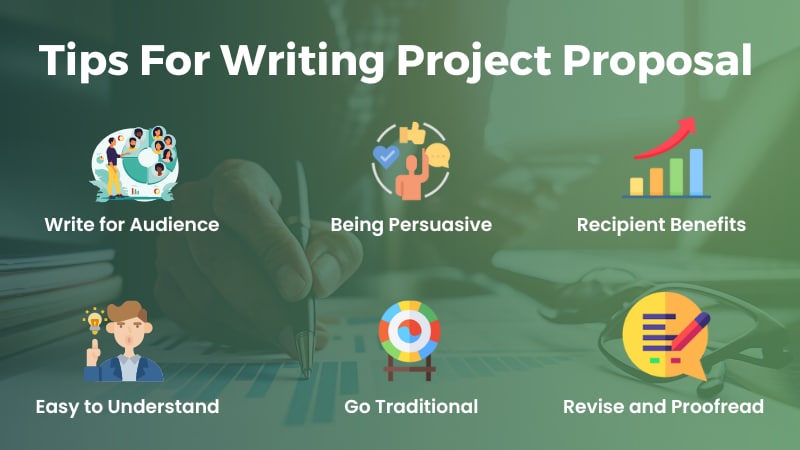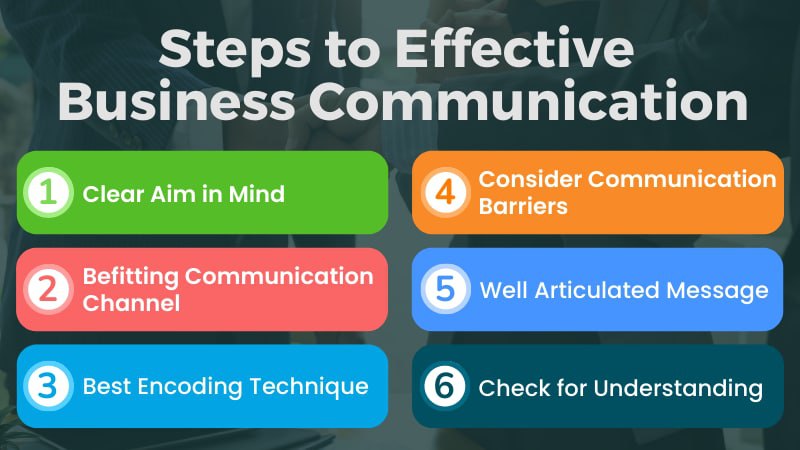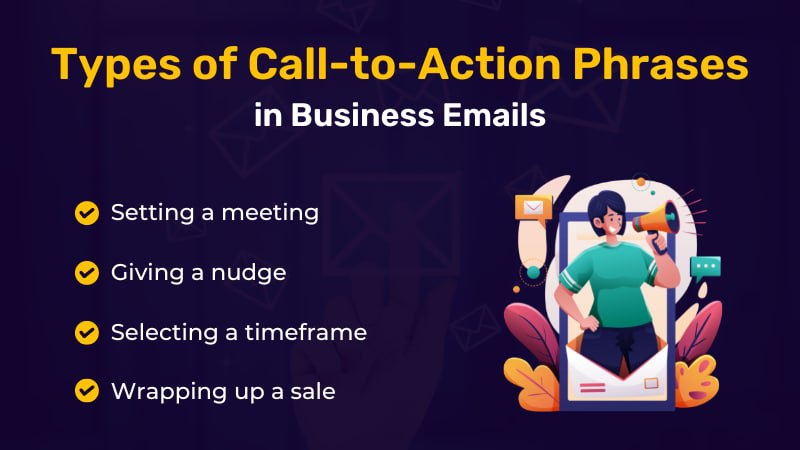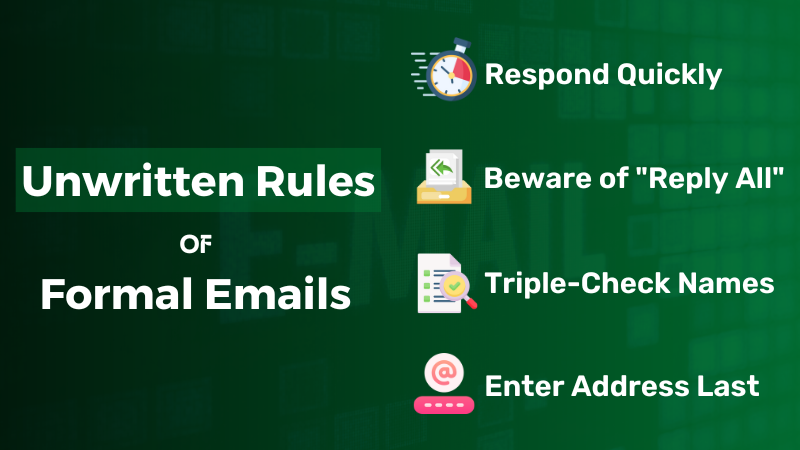How to Write a Project Proposal? With Samples

Project Proposals are custom made documents composed by the service provider for their client explaining the entirety of their proposed business opportunity. The client accepts the proposal only if they like and agree to the ways of the service provider.
Segments in Professional Project Proposals
Though every project proposal or business proposal is different from the next, there is a tried and tested format that has been traditionally used by businesses. Let’s take a look at all the mandatory sentions in a proposal -
1. Title Page
This is the first page of the proposal and is often called “Cover Page” since a printed out project proposal is covered by it. This is the page with the title of the document written in bold letters. It also contains the introductions of the creator and receiver of the document.
2. Cover Letter
The cover letter at the very beginning of a project proposal works like a business proposal letter. The service provider writes to the client expressing their intent to propose the best solutions for the client.
Written in formal language and letter format, it is the written document of the formal proposal submitted by the service provider.

3. Table of Contents
The major headlines in the document are listed chronologically in the table of contents with the respective page number of where they are positioned. This table helps the reader regulate their thorough analysis of the document, mark important parts and reread necessary parts.
|
SL no. |
Table of Contents |
Pg No. |
|---|---|---|
| 1. | Cover Letter | 3 |
| 2. | Executive Summary | 3 |
| 3. | Apple Inc. Overview | 3 |
|
4. |
Why Choose Apple Inc. |
6 |
|
5. |
Client Overview |
9 |
|
6. |
Client Needs |
10 |
|
7. |
Proposed Services |
12 |
|
8. |
Project and Payment Timeline |
15 |
|
9. |
Communication Model |
17 |
|
10. |
Terms and Conditions |
18 |
|
11. |
Conclusion |
20 |
4. Executive Summary
Executive summaries are the brief yet complete overview of the document to come. In terms of a project proposal, it precisely illustrates the entirety of the projects in a summary placed even before the introduction.

5. Introduction
This section introduces both parties as well as the background of the project at hand -
Service Provider’s Overview
The composer will give details about the service providing company and their expertise and prior experiences to solidify their ground in the proposal. This part will show the client how and why they should get these services from this very provider.
The list below are the sub categories this section can be divided into -
- Company Information
- Area of Expertise
- Case Study
- Clients Served
Client’s Overview
This is a concise sentient where the service provider shows they are read, listened and researched about their client and their requirements in complete details. A well researched introduction will impress the client without fail.
Project Background
After introducing both paries in the agreement, the project itself must be properly introduced with its thorough background research and other necessary details. This lays out the base for the rest of the document.
6. Clients’ Need Analysis
According to the requirements addressed by the client, the service provider analyzes the client's needs by conducting thorough surveys and automated performance metrics. Then the explain to the client how their services can cater to the specific needs.
In a project proposal, it may be elaborated in several parts with relevant screenshots, graphs and charts to get the point through efficiently and convincingly.
|
Requirements > Performance Metrics > Competitor Research > Expert Opinion |
7. Proposed Solution
Based on the service provider’s expertise and clients requirements, the proposed solutions differ. This segment will focus on the solutions with a view to giving the client a thorough picture as to how the solutions will work in their favor.
|
Client’s Needs and Requiremnts + Resources >> Proposed Solution |
8. Team Info
This a good section to introduce the team working on the particular project with all their expertise, designation, contact details etc. The client should feel in the fold about everyone and everythings that has something to do with the project.
9. Timelines
Project and payment timelines are two of the most important segments of the agreement between the service provider and their client.
Project Timeline
This timeline foretells the time each segment of the project will take to complete. Some may include the person handling the work as well.
Payment Timeline
The payment timeline is a safety net for the service provider to keep track of the work being done and the payment being completed.
10. Pricing
It is a better idea to to clear and up front about the price points of the solutions proposed by the service provider and many cases it has already been agreed upon by the client. This is just to have everything official in writing.
|
No. |
Description |
Price |
|
1. |
Web application in .NET FRAME WORK 4.5 |
$505,000 + Taxes |
|
2. |
Hardware and RFID Cost components -
|
$405,000 + Taxes |
|
3. |
Total |
$910,000 + Taxes |
11. Terms and Conditions
The terms and conditions of the service provider related to the service and solutions to be provided, are enclosed in this section in rigorous yet detailed wordings. This section is crucial for any business agreement as they come in handy for future ailments and the peace of mind of both parties involved.

12. Conclusion
This section concludes the entire documents and its terms and facts alike. With a cooperative and cordial conclusive words, business collaboratins start wth positive fellow feelings.
|
Conclusion The greatest remuneration for Apple Inc. is the satisfaction and happiness of their customers. We are ready to negotiate and review the proposal components like schedules, pricing, scope of work, teams composition etc. to ensure Canva’s convinience and comfort. |
Grammar
Read More
- How to Use "Therefore" in Sentences Avoiding Common Mistakes
- How to Use "Whereas" with Examples and Avoid Common Mistakes
- When and How to Use "Thus" Correctly Without Common Mistakes
- How to Use "On the Contrary" Properly with Meaning and Examples
- When and How to Use "Either/Or" with Examples and Common Mistakes to Avoid
- How to Use "On the Other Hand" Effectively without Mistakes
- How to Use "Respectively" with Example and Common Errors to Avoid
- How and When to Use "Moreover" Without Mistakes
- How to Use "Likewise" in Sentences Based on Context & When not to Use
- When & How to Use "Although" in Sentences to Avoid Mistake




